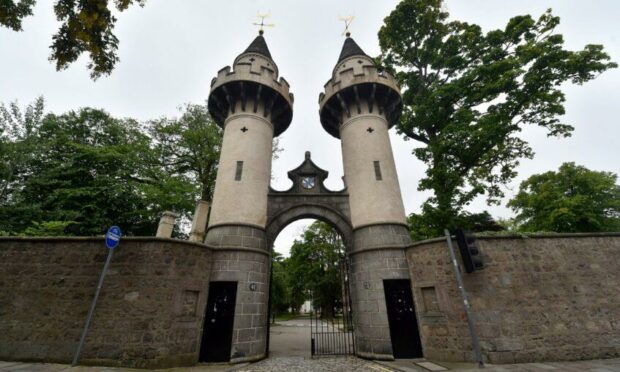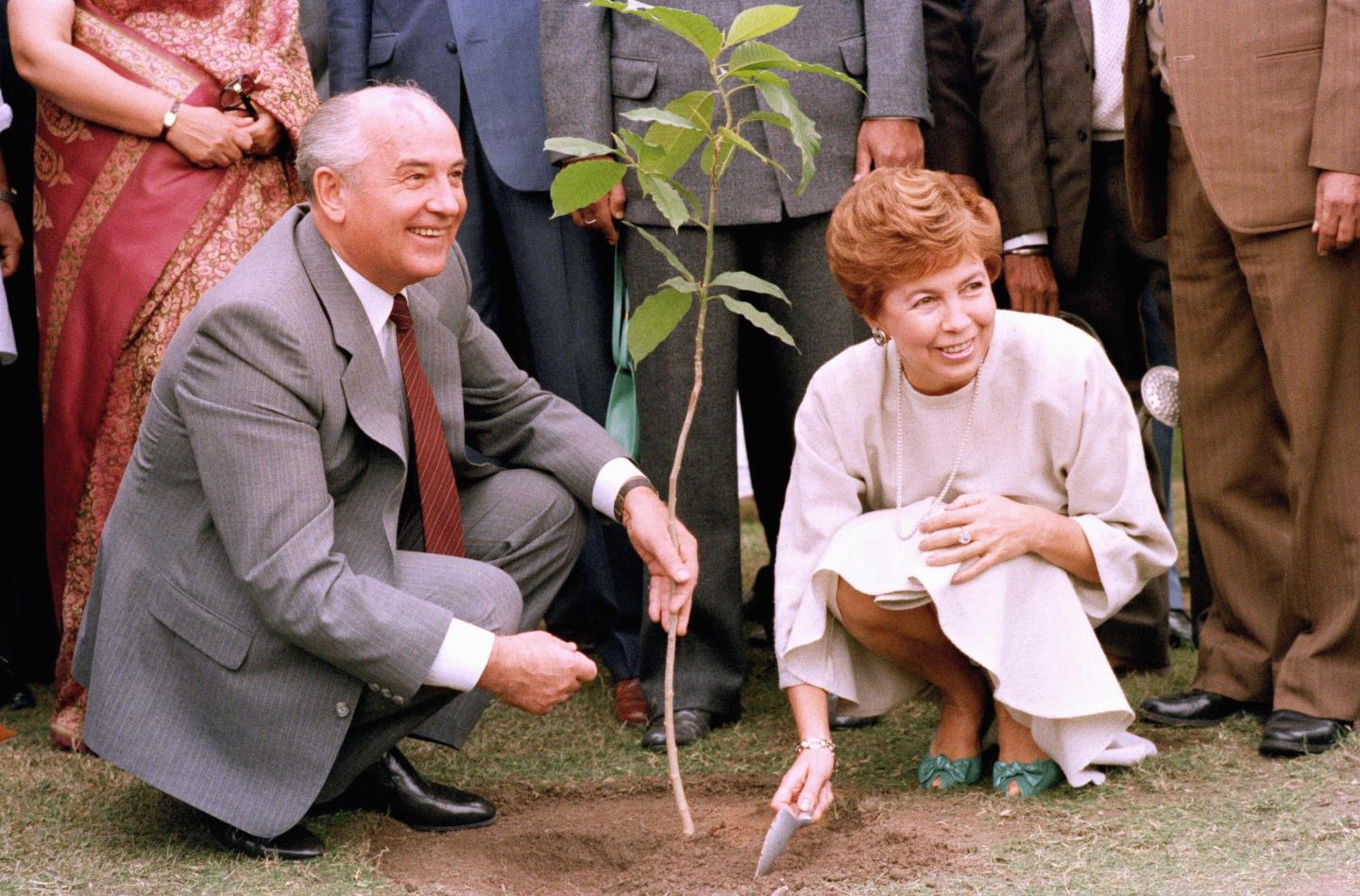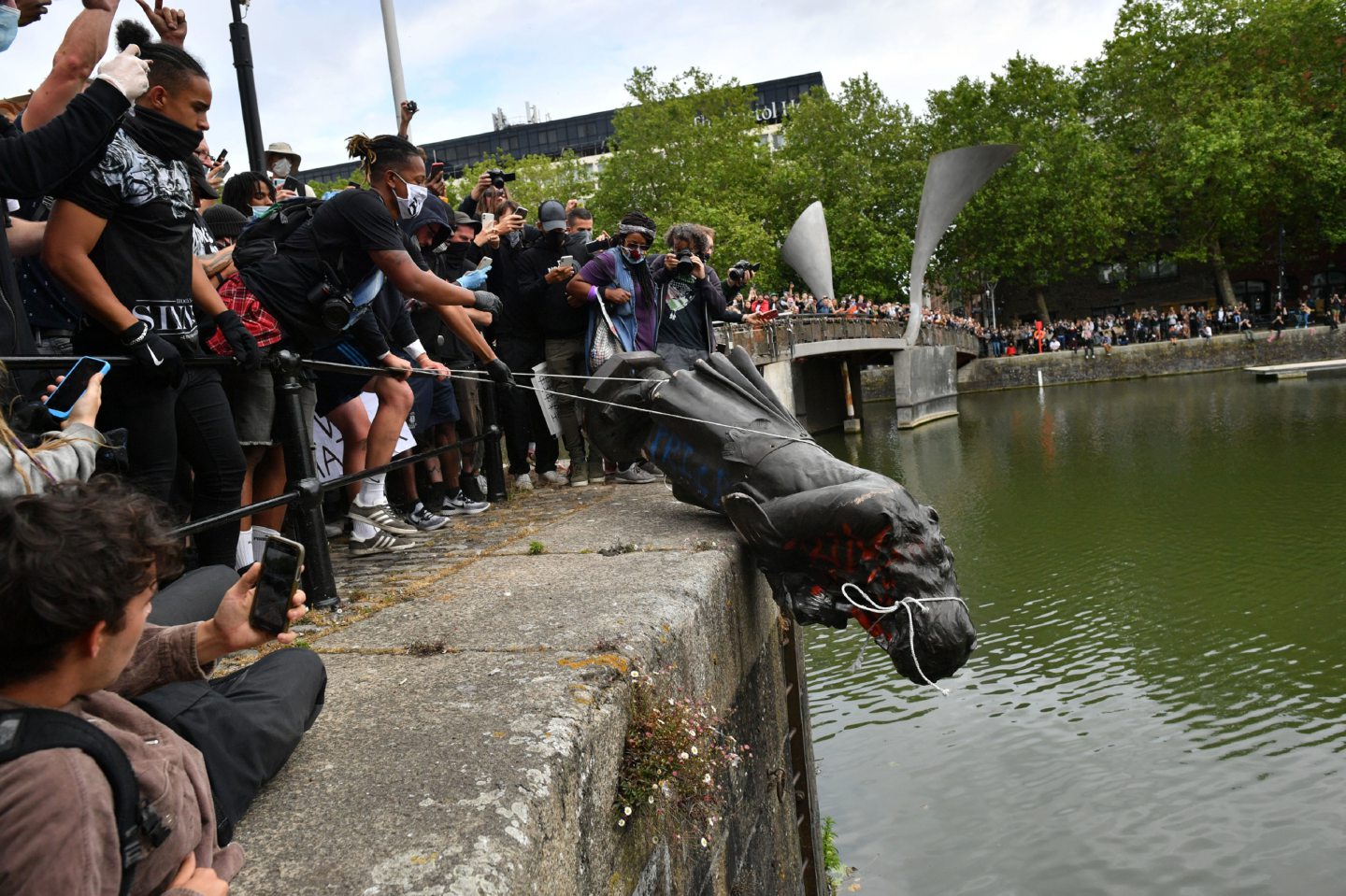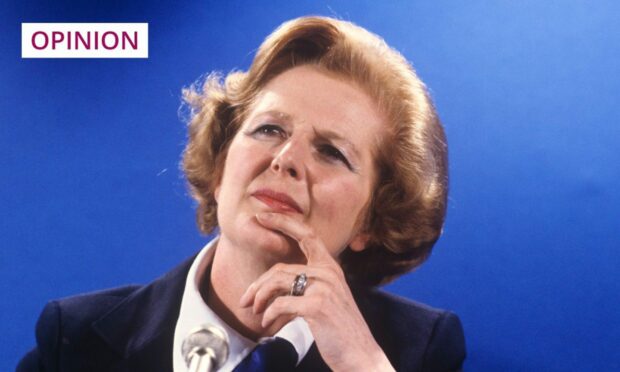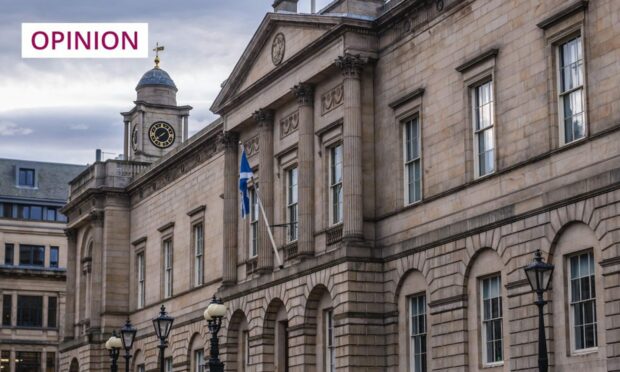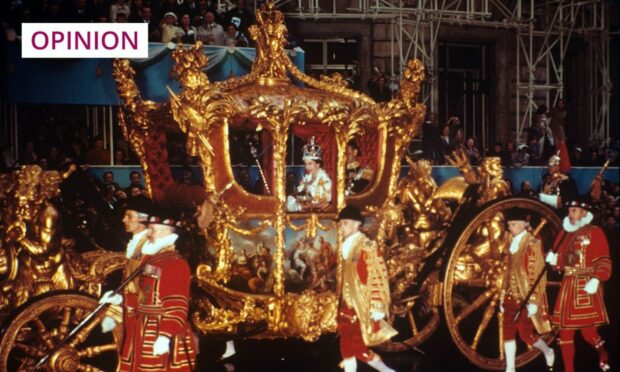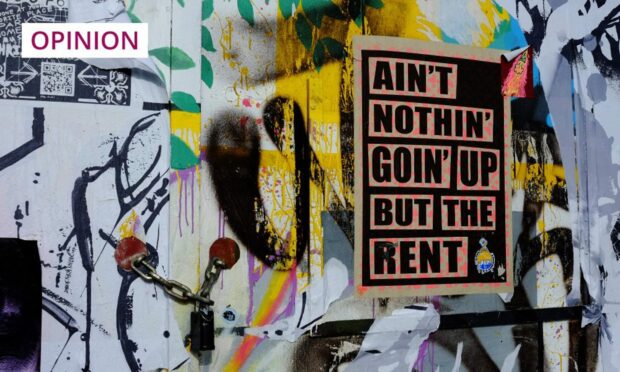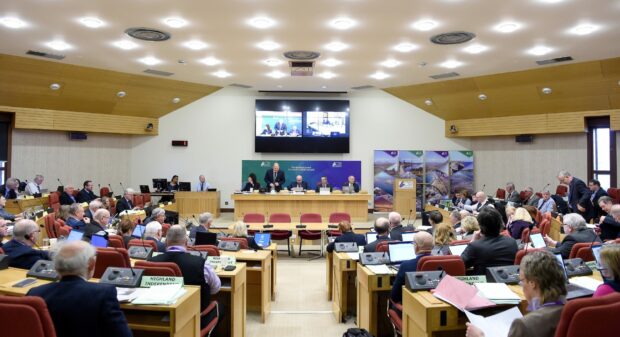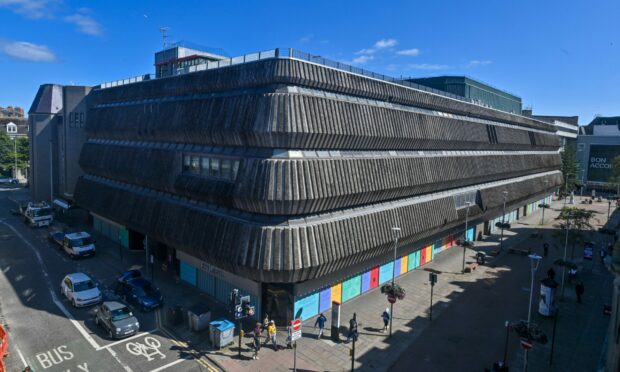Journalists are routinely persecuted by authoritarian and totalitarian regimes.
The reasons are obvious. Governments whose central purpose is the indefinite maintenance of their own grip on power are never going to put up with unrestricted coverage of their errors, misjudgements and wrongdoing.
That’s why, in lots of countries, reporters, editors, bloggers and broadcasters are routinely harrassed, jailed and even murdered.
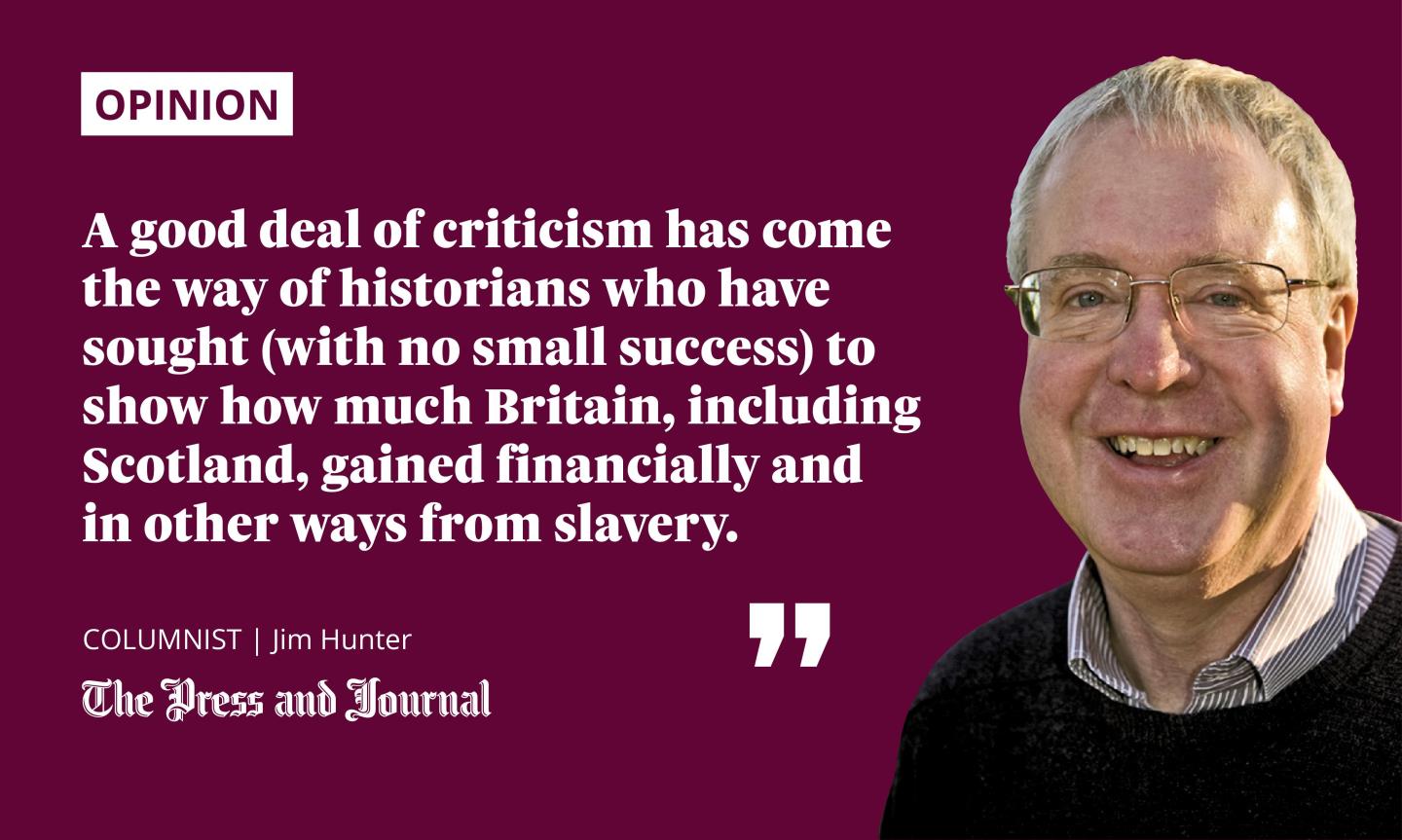
But crude manipulation of this type doesn’t stop with current affairs. Looming large in the typical authoritarian’s self-image are claims to the effect that they’re restoring supposedly lost greatness to nations that have permitted themselves to be put upon and marginalised by rivals and competitors.
Historians, it follows, can be targeted as readily as journalists – especially those historians who have had the temerity to suggest that their country’s past was less glorious than its current ruler insists.
Hence the shutting down by Russian authorities, just before New Year, of an organisation called Memorial.
Asserting dominance means controlling the narrative
Memorial was founded in 1987, when Mikhail Gorbachev was attempting to liberalise the Soviet Union. Its aim, as the name indicates, was to identify and commemorate the millions who, in the 1930s and subsequently, were imprisoned and killed on the orders of Soviet dictator Joseph Stalin.
This task became easier when, in 1990, the Soviet Union collapsed and historians – Memorial members and others – were able to gain more or less unrestricted access to Soviet archives. But freedom of that sort has proved short-lived.
Russia – where the absolute rule of the country’s tsars was followed by the still more absolute rule of Stalin and his henchmen – is again becoming, this time under Vladimir Putin, a country subject to a single individual and his backers.
Not least because Putin has failed to deliver much in the way of material gains in the shape of improved living standards, he looks to justify his increasingly personal rule by asserting that he, and he alone, has the capacity to re-establish Russia as one of the world’s superpowers – a status lost, as Putin is all too well aware, when the Soviet Union fell apart.
That the pre-1990 Soviet Union wielded huge influence – military influence in particular – is beyond question. And at no point was this more evident than during the closing stages of World War II, when the Soviet Red Army, answering ultimately to Joseph Stalin, was a key contributor to the destruction of Nazi Germany.
‘Who controls the present controls the past’
Vladimir Putin is no Stalin. But the Stalin era, when Russian power was matched only by that of the US, and when now independent countries like Ukraine were wholly subject to Moscow, can readily take on the aura, from Putin’s perspective, of a golden age that he’d dearly like to recreate.
In Russia, anything approximating to open-minded investigation of the Stalin epoch has been brought forcibly to an end
Historical enquiries of the sort conducted by Memorial are a threat to this Putin narrative – because they demonstrate all too clearly that the past splendours he makes so much of were accompanied and underpinned by unrestrained repression, terror and mass murder. In Russia, therefore, anything approximating to open-minded investigation of the Stalin epoch has been brought forcibly to an end.
“Who controls the past,” decrees the ruling party in George Orwell’s Nineteen Eighty-Four, “controls the future: who controls the present controls the past.” Memorial’s fate suggests that just such thinking is beginning to be prevalent in Vladimir Putin’s Russia.
Longstanding and comfortingly familiar myths are not historical fact
While it’s always risky to assume that something similar could never happen here, it’s certainly the case that, in comparison with their Russian counterparts, UK historians are a favoured breed.
Of late, admittedly, a good deal of criticism has come the way of historians who have sought (with no small success) to show how much Britain, including Scotland, gained financially and in other ways from slavery.
Findings of this type are at odds with notions of a vanished greatness that proponents of Brexit, in particular, say they’re looking to recreate.
To challenge such notions by insisting that there’s plenty of historical evidence to the effect that a good deal of Britain’s past success derived from trading in, and enslaving, millions of Africans is at once to generate hostility – hostility of the sort seen in the outraged response in some quarters to a jury’s acquittal on criminal damage charges of the four people charged with the removal of the Bristol statue of slave trader Edward Colston.
But, while some of our historians get stick for taking up positions deemed subversive of longstanding and comfortingly familiar myths about the past, they are, unlike Memorial’s membership, entirely free to do so. Long may this remain the case.
Jim Hunter is a historian, award-winning author and Emeritus Professor of History at the University of the Highlands and Islands
